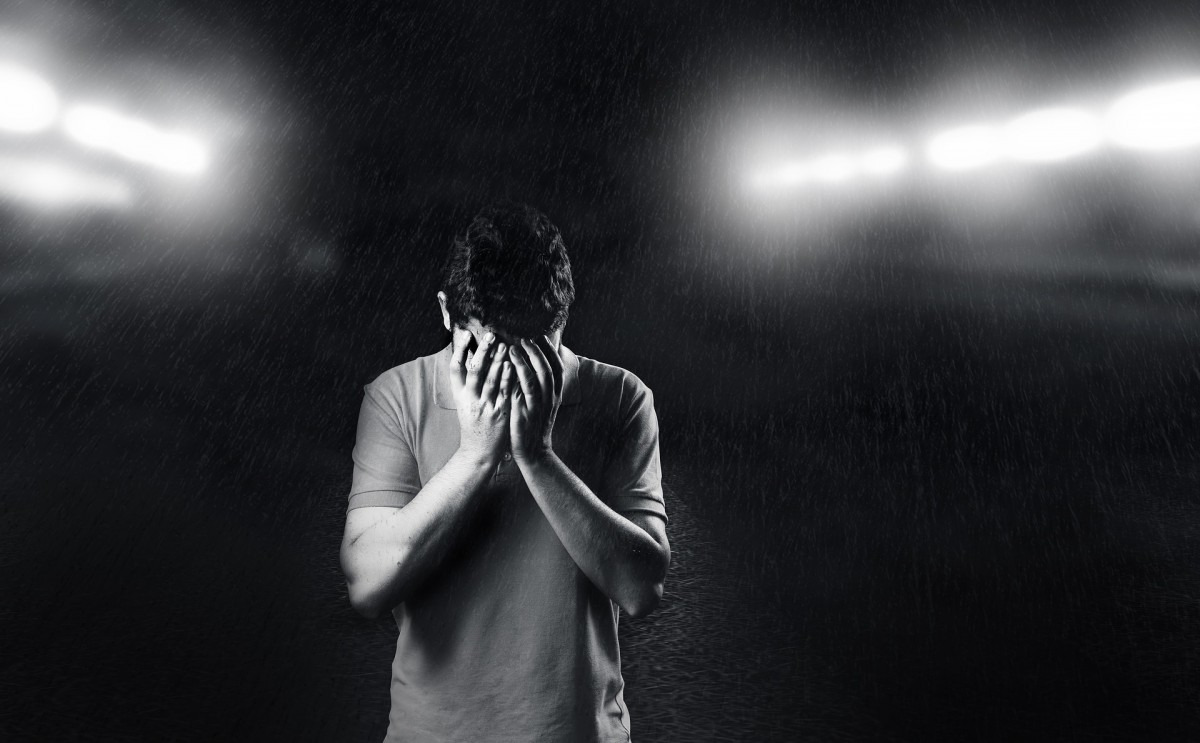The number of people suffering from depression symptoms in the UK doubled when the country was under a COVID-19 lockdown, official figures show.
Almost a fifth of British adults — 19.2 per cent — were likely to be experiencing some form of depression in June 2020, according to a survey of more than 3,500 people carried out by the Office for National Statistics (ONS) released on Tuesday.
Prior to the pandemic, fewer than one in ten said so.
“Today’s research provides an insight into the mental health of adults during the coronavirus pandemic. Revisiting this same group of adults before and during the pandemic provides a unique insight into how their symptoms of depression have changed over time,” Tim Vizard, the ONS’ principal research officer, said in a statement.
“Adults who were young, female, unable to afford an unexpected expense or disabled were the most likely to experience some form of depression during the pandemic,” he added.
More than a third — 35 per cent — of disabled adults experienced moderate to severe symptoms of depression in June, up from about 27 per cent prior to the pandemic.
The rate of women experiencing symptoms near doubled to almost a quarter but it’s in young people that the biggest rise was recorded.
Among people aged 16 to 39, 31 per cent reported depressive symptoms in June, compared to just 11 per cent before the pandemic.
People with underlying health conditions — more vulnerable to COVID-19 — as well as people living with others were also more likely to have experienced depressive symptoms.
Hugh Stickland, head of strategy and engagement at the statistics agency, also flagged that there were no strong differences observed in England, Wales, and Scotland or between people living in urban or rural areas.
The ONS stressed however that “it is important to note that there could e a variety of reasons for change in depressive symptoms before and during the pandemic, rather than solely being a result of the coronavirus pandemic.”
Mind, a mental health charity, reacted to the survey, writing on Twitter: “As more people ask for support for their mental health, well-resourced timely treatment must be available for anyone who needs it.”
euronews.com
pixabay


















